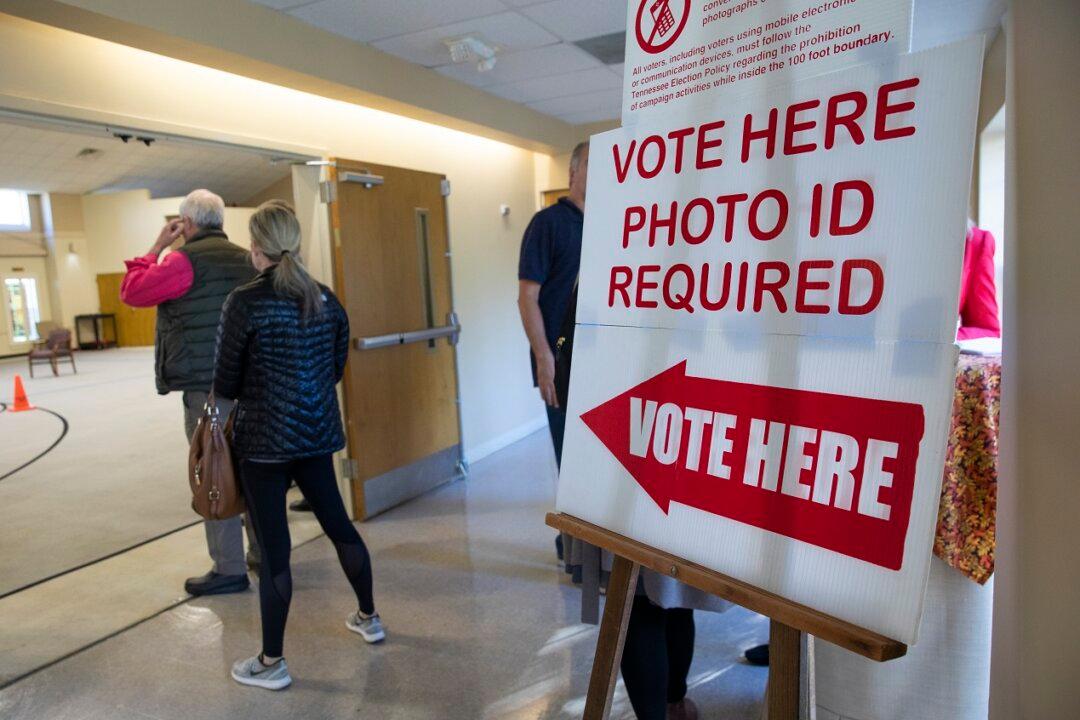The North Carolina Supreme Court has handed a victory to the state’s Republican legislators by siding with a petition that asked the high court to rehear cases involving election maps and voter identification laws.
In a vote along partisan lines, the state’s Supreme Court voted 5–2 on Feb. 3 to rehear the two cases in March—which had previously gone against North Carolina’s Republican lawmakers.





